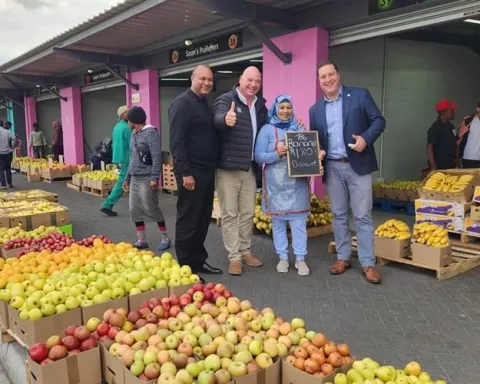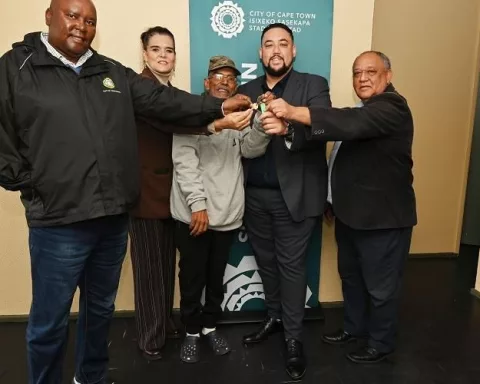The National Student Financial Aid Scheme (NSFAS) has been actively working with various South African student unions and university management teams to address issues related to defunded students and direct payments. The organization has engaged in discussions with the South African Students Congress (SASCO) and the South African Union of Students (SAUS) with the goal of providing clarity on its policies and receiving feedback.
Engaging with Universities
NSFAS representatives have visited numerous universities throughout June and early July to discuss direct payments and related issues. The visits were made to universities such as the University of Limpopo, University of Pretoria, University of Johannesburg, and Stellenbosch University. Some universities received multiple visits to address their concerns. In the coming weeks, NSFAS will have physical engagements with universities such as North West University, Central University of Technology, and Sol Plaatje University.
Direct Payments
The primary goal of introducing direct payments is to ensure NSFAS’s accountability for student allowances and establish a more coordinated system for funds transfer. This move was necessary following a series of erroneous or delayed payments and fraudulent transactions where NSFAS could not assume responsibility. Before the introduction of direct payments, NSFAS had no direct accountability for the actions of service providers or universities involved in distributing student allowances.
Currently, NSFAS has direct payment partners for which it is directly accountable. This new system is expected to provide convenience, dependability, and predictability for students regarding their allowances. NSFAS is committed to taking action in cases where partner performance does not align with anticipated outcomes.
Engagement with SASCO and SAUS
During engagements with SASCO and SAUS, NSFAS received feedback on various complaints against its direct payment partners. These complaints included excessive charges, inaccessibility of service providers, lack of clarity on fund access, and allegations of funds not reaching intended beneficiaries. In response, NSFAS has promised to investigate these complaints and take appropriate action, if necessary.
To address these issues, NSFAS has outlined the following steps:
- Instruct service providers to increase their physical presence at higher learning institutions to respond directly to student queries.
- Enhance explanations on how students can access their funds to avoid delays in allowance distribution.
- Schedule a three-way meeting between student leaders, NSFAS management, and service providers on July 11th to address all relevant matters.
Defunded Students
NSFAS has initiated a remedial process to address defunded students based on findings from the Auditor General, internal compliance processes, and the Special Investigation Unit’s observations. Students who have been funded based on incorrect information are defunded immediately to prevent wrongful and illegal allocation of funds.
While some students have complained about being defunded incorrectly, NSFAS has expressed regret in such cases and has promised to verify these complaints and take remedial action when necessary.
NSFAS’s Commitment
Despite any obstacles related to its systems and capacity, NSFAS remains committed to a student-centered model focused on supporting academic activities without inconvenience. The organization is proud of its growth since 2018, with 1.1 million students funded this year compared to 604,114 students in 2018.
By engaging with relevant stakeholders and improving its services to students, NSFAS aims to maintain its focus on the interests and well-being of its beneficiaries.








